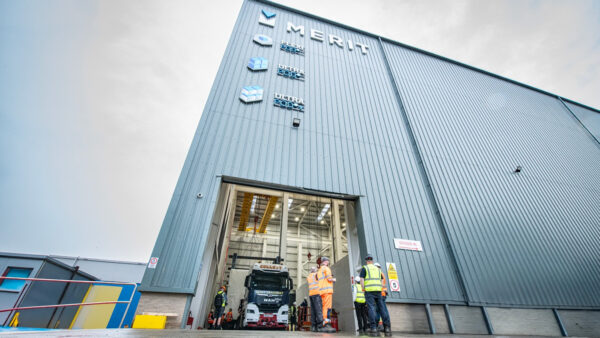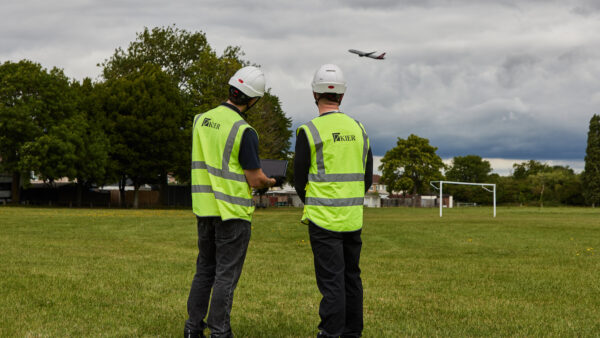After 18 months of a reform agenda kick-started by new chief executive Adrian Belton, the CITB has now unveiled a further three-year modernisation programme aimed at delivering better services with fewer staff.
The aim is to improve the industry’s “rate of return” on levy payments from 84p in the pound – via training grants and other programmes – to 90p.
This will be achieved by slicing 20% from CITB’s operating costs by 2018, including planned cuts in staff numbers of 30%. This would result in the number of staff dropping from around 1,400 to 950.
The new three-year plan will also involve closer ongoing consultation and cooperation with industry employers and trade federations, and was officially backed by Build UK, the FMB and others at a meeting held on Monday.
“We’ll achieve cuts of just over 5% a year by modernising and outsourcing our back-office functions, and investing in new technology – it’s not always necessary to have face-to-face consultations [with CITB advisers], or even telephone consultations.”
Steve Radley, CITB
Stephen Radley, director of policy at CITB, told Construction Manager: “To take things forward, we wanted a clear framework and to settle on a change of direction agreed with the industry.
“We’ll achieve cuts of just over 5% a year by modernising and outsourcing our back-office functions, and investing in new technology – it’s not always necessary to have face-to-face consultations [with CITB advisers], or even telephone consultations.
“It’s about getting CITB up to date – for instance, we’ve posted a number of ‘how-to’ videos on our website to help people understand CITB processes, which cuts out a lot of routine telephone queries.”
Radley also explained that the CITB would increasingly look to co-deliver services with other organisations, or commission them from partners, rather than take on the delivery body role.
“In an industry that’s got changing skills needs, with a big reform of the Further Education sector ongoing and also apprenticeship reforms, with so much change going on we can’t carry on as we were,” he summarised.
“There will be dialogue in the next few months to get into the nitty gritty with the industry, and we’ll work with it in a comprehensive way. So it will be change, but very much change that the industry has bought into, and we’ll do it in an orderly way.”
According to the CITB, its three-year strategy will be based on:
- developing a comprehensive evidence base on current and future skill needs and supply;
- using this evidence to target training provision to meet these needs;
- reforming its grants scheme to deliver simpler, more targeted funding support;
- developing qualifications and supporting the development of new apprenticeship trailblazer standards;
- making the government’s reform of FE and apprenticeships deliver for construction and boost apprenticeship numbers;
- supporting employers to attract and retain people by setting out opportunities, entry routes and progression routes within the industry;
- reviewing back office or support functions for efficiency and effectiveness with a view to modernising or outsourcing.










